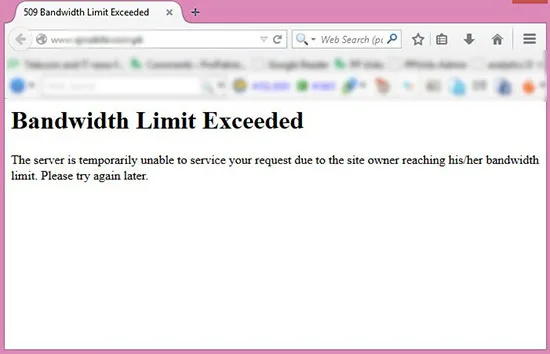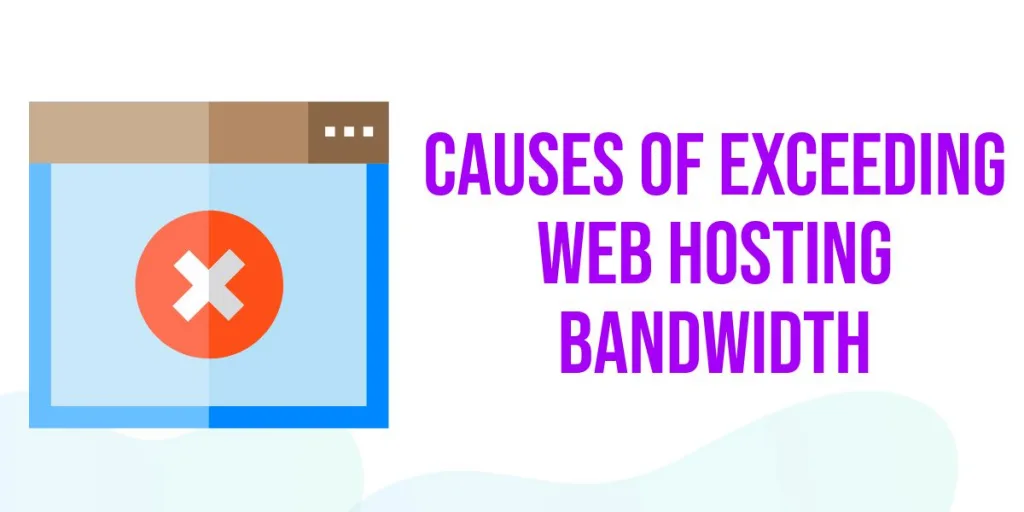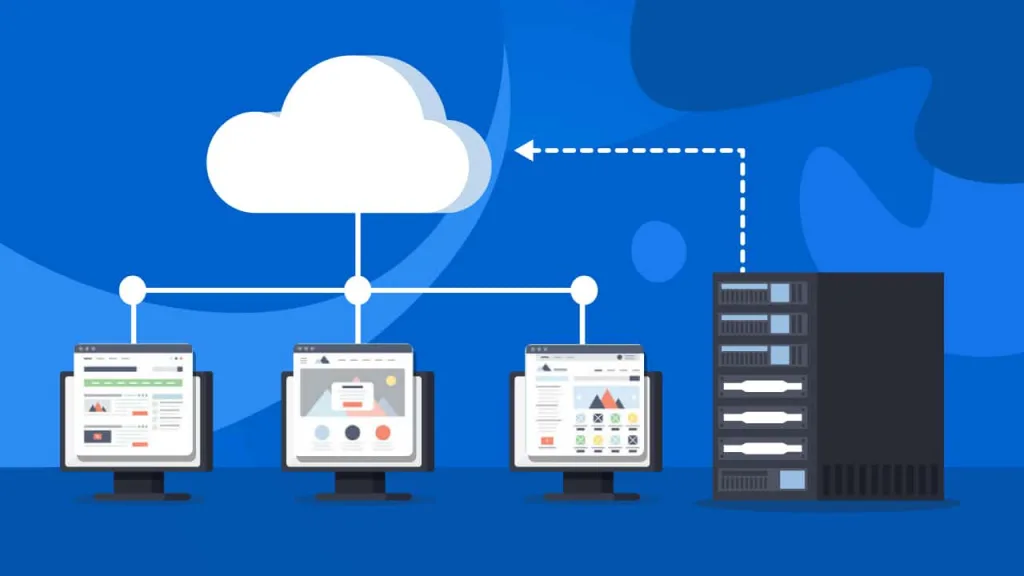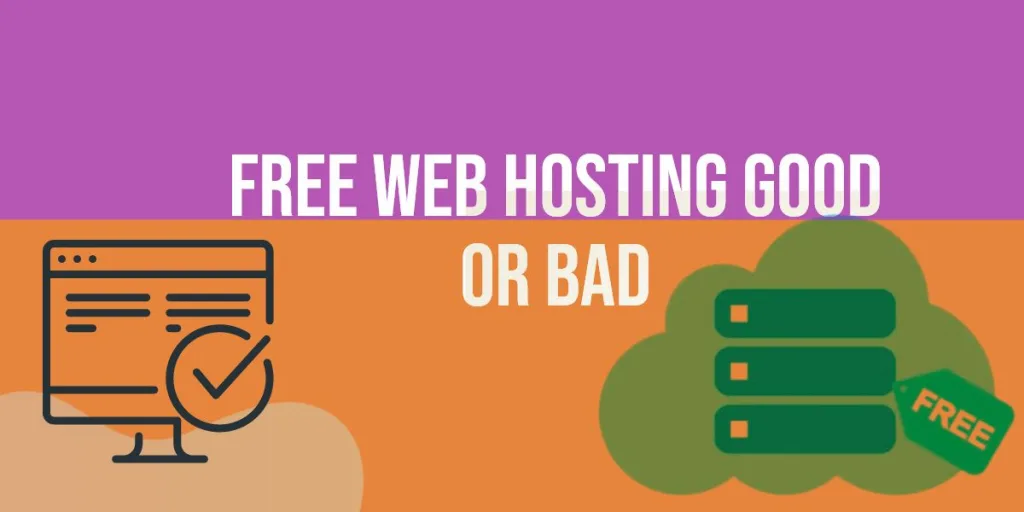Web Hosting Bandwidth? One of the error messages you may have seen when surfing the web is “bandwidth exceeded“. This may happen on any website, even a large e-commerce website when you are attempting to make a purchase. Did you ever wonder what this means, or if it could happen to your own website?
In this article, we’ll be looking at the whole issue of website bandwidth. As well as the problem of exceeding your bandwidth. This is something that no website owner wants to have happen, so we’ll also look at ways to prevent it.
What is Web Hosting Bandwidth?
Before going into the problem of exceeding your bandwidth. We should start at the beginning and find out exactly what is web hosting bandwidth. Whenever someone visits a web page, they must download a web page (including the images, video and other related files such as the CSS and JavaScript files) from that site in order to view it.
Bandwidth is the term that describes the amount of data that can be download.
When you get web hosting, you can find out how much bandwidth is avilable under your web hosting plan. This is something that should be list under the features of a web hosting package. Some web hosts offer unlimited bandwidth, while others will give you a certain limitation.

Some web hosts offer different plans that give you different amounts of bandwidth (also known as Data Transfer). Their cheapest plan may place a cap on the bandwidth, while a advance plan might give you unlimited bandwidth. This figure will represent either in gigabytes (GB) or megabytes (MB). One GB is the equivalent of 1,024 MB.
Bandwidth and Disk Space
Very often, you’ll see bandwidth mentioned along with another hosting term – disk space. This refers to the total amount of space on the server which you can use to store your website files. A larger site, or one that contains many images, videos and other features will require more disk space than a smaller one.
While disk space and bandwidth are related, they are not the same thing. Disk space is about how much space the host provides to your site. Bandwidth is the amount of data that your site can download and upload. A site that requires lots of disk spac. However, will naturally also demand a great deal of bandwidth when people visit it.
That’s why you’ll often see the two terms grouped together, as in “unlimited bandwidth and disk space“.
Causes of Exceed Bandwidth
If you have a small, or even average sized website, you probably won’t have a problem with exceeded bandwidth. This is not something that generally happens to new sites . Unless you are starting out with a large e-commerce site or one with many demanding features.
If you are hosting the following, they may cause your bandwidth to be exceed. Especially when you get a lot of traffic:
- Lots of big images in high resolution
- Lots of videos
- Big game files
- Any large files (such as software files or even MP3s)
Despite all of the factors that use up bandwidth. Most web hosting plans provide you with enough bandwidth to cover everything. Yet, if you’re not careful, you may still exceed your bandwidth!
Awareness plays a large role in preventing this. Be aware of all the features you’re placing on your website. Keep in mind that even if you’re not exceeding your bandwidth. Having a site with lots of media and images can slow down the site for visitors, which is never good.
What happens when your Bandwidth is Exceeded?
Many web hosts will send you a warning if you are coming close to exceeding your allotted bandwidth. This may occur, for example, if they see you are using 80% of your bandwidth.

If you do exceed your bandwidth (and you didn’t get a warning), your account could be suspended. This is a worst case scenario, and most web hosts don’t do this. After all, they value their customers and someone who uses up lots of bandwidth is a potentially great customer! Yet if you are hosting with a smaller or less experienced company. They may not be good at handling such issues.
More likely than your account getting suspend, the web host will start billing you higher.
Web hosts with Unlimited Bandwidth
One way to avoid having your bandwidth exceede is to get a web hosting plan that offers unlimited bandwidth. There are several good web hosting companies that offer this at very reasonable rates. A few of the best ones which I highly recommend are:
Even with the above popular web hosting providers. However, if you have a very large site with a lot of traffic you may want to consider something beyond shared hosting, such as VPS or dedicated hosting. This is because hosting a large and busy website on a shared hosting plan can slow down the speed.
Even if your web host allows you unlimited bandwidth. You also want to make sure that your visitors can download content quickly from your site, right?
Editor’s Advice
You will probably never have the problem of exceeding your server’s bandwidth. But it’s still good to be aware of it. Larger sites, online stores and sites with lots of pages, images and videos are more likely to encounter this issue.
You should remain aware of what you’re placing on your site. And on any limitations that your web host has regarding bandwidth. If you have any doubt that you might be in danger of exceeding your bandwidth limits. You should consider using a web host that doesn’t limit you at all.
The web hosts recommended above are all trustworthy companies that give you unlimited bandwidth. As well as many other desirable benefits.



